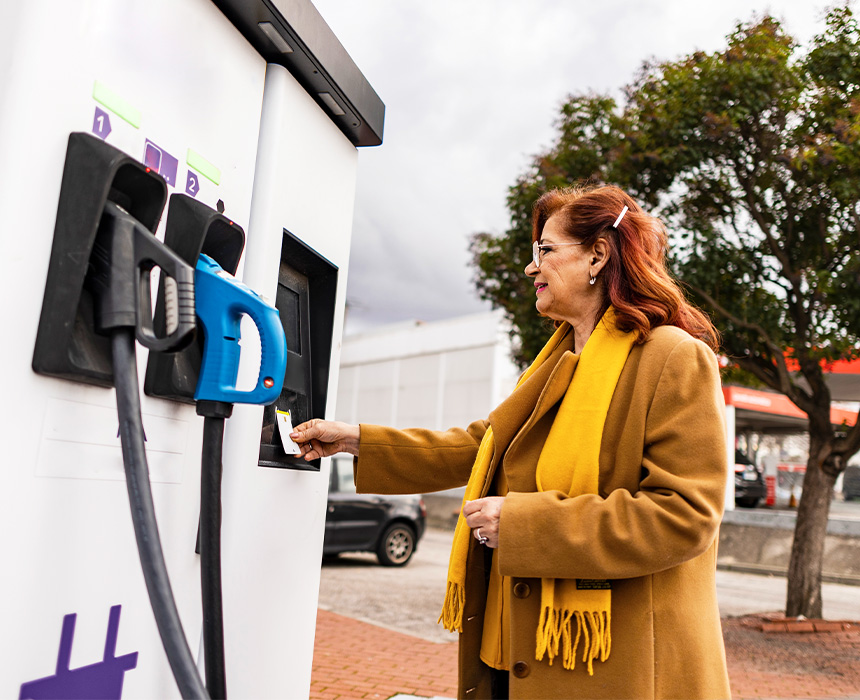Digitalization, Customer Experience, and New Business Models in Charging Operations
The rapid global expansion of electric vehicles (EVs) has positioned charging operations as one of the most critical pillars of the mobility ecosystem. Charging operations must not be understood merely as the act of selling electricity; rather, this field encompasses customer experience management, digital platform integration, grid coordination, and sustainability strategies, making it a multidimensional sector.
Strategic Importance of Charging Operations
The transition from internal combustion engines to EVs does not only generate environmental benefits but also creates new economic domains. Charging operations are a vital component of green transformation and the infrastructure of smart cities. A well-managed charging business provides investors with stable revenue models, delivers users seamless services, and strengthens energy security for governments.
The Role of Digitalization
At the core of charging operations lies digital transformation. Today, operators can oversee all aspects of their business through cloud-based platforms. Occupancy rates, energy consumption reports, pricing strategies, and maintenance needs can all be monitored in real time.
On the user side, mobile applications provide functions such as reservations, payments, charging status tracking, and price transparency. This not only improves customer satisfaction but also builds loyalty.
The Power of Customer Experience
Success in charging operations depends not only on technical performance but also on user experience. For EV owners, accessibility, speed, transparency, and reliability determine loyalty to a brand.
Advanced customer engagement can be supported through gamified applications, carbon footprint tracking, and personalized energy recommendations. Such features transform users from passive consumers into conscious participants in sustainable energy ecosystems.
New Business Models and Economic Potential
Charging operations have gone far beyond the classic “energy sales” model.
-
Subscription services: Users pay a monthly fee for unlimited or discounted charging access.
-
Advertising revenues: Digital displays at charging hubs generate additional income.
-
Data analytics: Aggregated and anonymized behavioral data provide valuable reports for municipalities and energy providers.
-
Partnership models: Collaborations with shopping malls, hotels, and retail chains enhance customer convenience while opening new revenue streams.
Energy Management and Smart Integration
The future of charging operations is deeply tied to energy management. AI-powered systems balance demand, reduce stress on the grid, and optimize costs.
Furthermore, V2G (Vehicle-to-Grid) technology enables EVs to become not only consumers but also energy contributors. This elevates charging operators into strategic actors within the broader energy ecosystem.
Sustainability and Environmental Contributions
Charging operations are directly linked with sustainability. Stations powered by renewable energy significantly reduce carbon footprints. Designing environmentally friendly facilities and using recyclable materials further reinforce the environmental responsibility of operators.
Regulations and Standards
Because charging operations are integrated with the energy sector, they are subject to strict regulatory frameworks. In Türkiye, EPDK and TSE oversee the market; in Europe, UNECE defines interoperability; in the U.S., DOE, FERC, and NIST set policies; in Central Asia, O’zbekenergo and O’zDSt regulate; and in Russia, Минэнерго and ГОСТ establish safety and compliance rules.
Future Outlook
In the next decade, charging operations will adopt ultra-fast charging systems, AI-based customer management platforms, blockchain payment infrastructures, and globally interoperable networks. Operators will evolve beyond being service providers to become central players in energy markets and digital urban infrastructures.
Conclusion
Charging operations are one of the foundational elements of the EV revolution. Through digitalization, customer engagement, innovative business models, and sustainability, charging operations transcend the role of mere electricity providers to become strategic shapers of future cities and energy policies. This 6000+ character analysis demonstrates that charging operations will remain at the very center of the mobility ecosystem.




